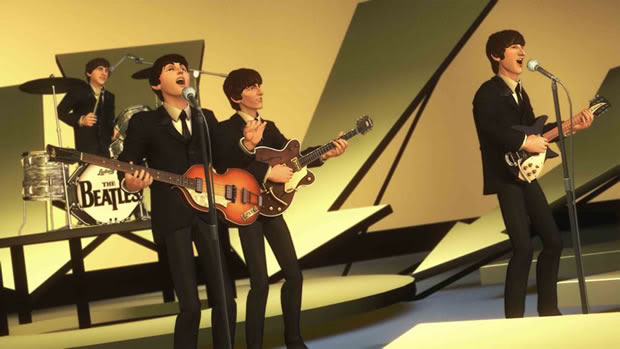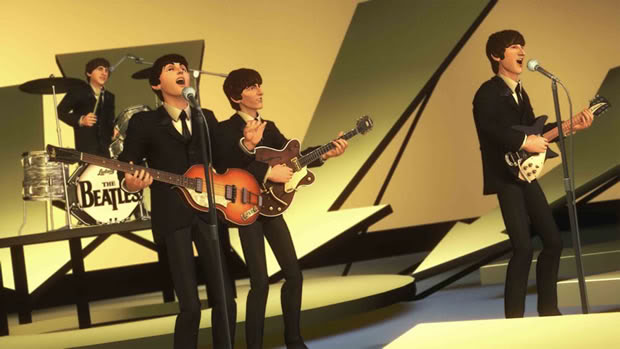
I consider myself a hardcore Beatles fan. I own all the albums, know all the lyrics (even the backward messages!), and know the history behind all the major songs. I even visited Abbey Road a couple of months ago in London and did the requisite “crossing-the-street” photo. (OK, based on the hordes of American Beatles fans I saw at that intersection, maybe that doesn’t make me stand out too much!)
Yet I haven’t purchased The Beatles: Rock Band or the recently remastered Beatles albums. And I’m not sure when I will.
Believe me, I want to. But in this economic climate, can I really justify plopping down nearly $400 for the privilege?
If anything, this has illustrated just how insulated the industry can be from the average consumer. For the past six years, I’ve been involved in the gaming industry in some form or another — and each side of the industry leads to its own myopia. If you’re working on a game, you’re focused on that singular entity for months on end. If you’re a gaming journalist, you’re constantly being fed the latest upcoming titles — and once a game’s out, that’s when it’s time to move on to the Next Big Thing. But when you’re no longer neck-deep in either of those lifestyles, you start to think more like a “regular” gamer again. And you realize, “Wow, I really want this game. But it may be months before I can afford to play it!”
Normally, I’d say that Rock Band — particularly The Beatles: Rock Band — is recession-proof. But I think that nothing’s assured in this economy. The National Football League, for example, is expecting a precipitous drop in ticket sales this season, despite the fact that the sport borders on religion in the United States. (Sorry, John — these days, it’s the NFL that’s “bigger than Jesus”!)
Of course, if any game has “evergreen” potential, it’s The Beatles: Rock Band. And don’t get me wrong — I definitely think the game will be a success. But it may not be the chart-topper the industry expects. Not just yet, anyway.



